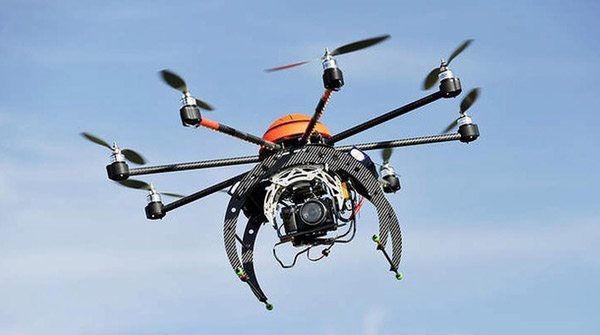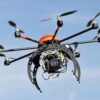Obtaining explicit informed consent from passengers, introducing purpose limitation for collected passenger data, and subjecting data handling SOPs to independent review are some of the Software Freedom Law Center's (SFLC) comments on the NITI Aayog's recent discussion paper on how the facial recognition-powered Digi Yatra program can better comply with Responsible Artificial Intelligence (RAI) principles. What is Digi Yatra?: Introduced in 2018, Digi Yatra aims to enable "seamless, paperless, and contactless” passenger boarding at airports across India. The system operates on "minimal human involvement"—instead of security staff authenticating passenger details, Facial Recognition Technology will do so instead. A digital identity will be created for each passenger, which will be used to verify their identity across airport checkpoints. As of December, Bengaluru, Varanasi, and New Delhi airports are using FRT to scan domestic passengers under the program—seven more airports will be added to this list by March 2023. The policy is voluntary and alternative physical verification mechanisms will continue operate, said NITI Aayog in last month's report. What is this discussion paper about?: While discussing the larger risks and rewards of FRT systems, the paper also outlined -the "responsible Artificial Intelligence" principles that the Digi Yatra scheme should embed and enhance within its operations. Principles mentioned included safety and reliability, equality, inclusivity and non-discrimination, privacy and security, transparency, accountability, and the protection and reinforcement of human values. What else did SFLC recommend?: India should enact a law to govern AI and Facial Recognition Technology (FRT) that is distinct from its draft data protection laws,…





























